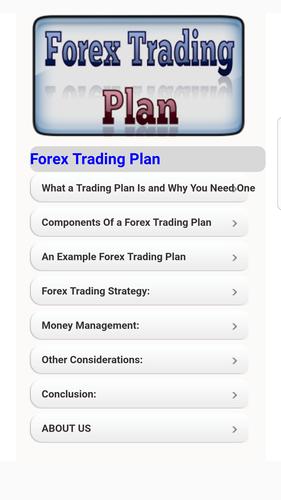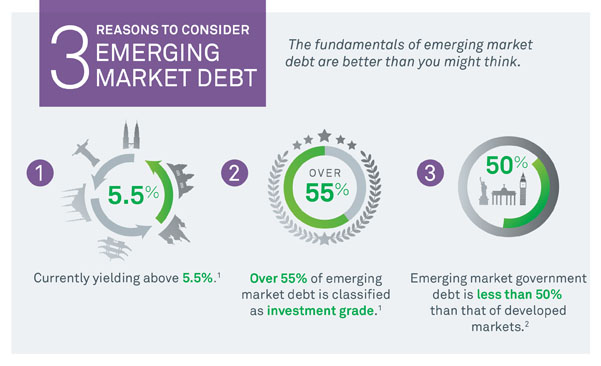
Forex hedge is a strategy that traders use to protect themselves from the risks of exchange rate fluctuations, and to minimize their losses. Hedging is used with other risk-management strategies such as stop loss to reduce the overall risk associated with forex trading.
Forex hedge strategy is to buy or sell a certain currency pair and offset the risk in a trading. It can be done by using a simple, direct strategy or by more complex systems that involve multiple currencies and financial derivatives such as options.
Choosing Your Strategy
Hedging is a complex process. It requires an in-depth understanding of the market and its volatility. Experienced traders will use a variety of techniques to cover their positions, skilfully selecting which method to use for a particular situation.
Options on forex are one of the easiest ways to hedge your trades. Options allow you to sell or buy a certain currency for a set price at a given date.

A popular strategy for hedging is to use pairs that are positively or negatively correlated, such as GBP/USD or EUR/USD. This type is hedging that works best when both economies are in sync. However, it can also work in unusual situations.
It is a risky strategy, as it exposes both USD and EUR to exposure. This strategy is risky because the currencies can change dramatically.
In addition to the costs, it's important to understand how long and what time is required to implement such a strategy. Spread fees, for example, could negate any gains.
Open a simultaneous long and short position for the same currency pair. This can mitigate the loss from the long position and offset the profit from the short position. It is called a "no loss" hedging strategy, and it can be profitable for certain traders.
CFTC Regulations
In the United States, regulations require brokers to close any existing long positions before opening new ones. This reduces the possibility of traders opening a position at the wrong time and being at loss.

Alternative, traders can also place two opposite positions in which they cancel each other out, but it isn't a very reliable way of hedging. This is because there is a risk that the two contradictory positions will cancel each other, or the spread fees to consider.
It is best to use a complex forex strategy, which includes options. This strategy should include multiple currency pair considerations. This can be a complex, but rewarding, way to maximize your profits while reducing your overall risks.
FAQ
Can bonds be traded?
The answer is yes, they are! They can be traded on the same exchanges as shares. They have been doing so for many decades.
You cannot purchase a bond directly through an issuer. They must be purchased through a broker.
Because there are fewer intermediaries involved, it makes buying bonds much simpler. This also means that if you want to sell a bond, you must find someone willing to buy it from you.
There are many kinds of bonds. Some bonds pay interest at regular intervals and others do not.
Some pay interest annually, while others pay quarterly. These differences make it easy to compare bonds against each other.
Bonds are a great way to invest money. For example, if you invest PS10,000 in a savings account, you would earn 0.75% interest per year. The same amount could be invested in a 10-year government bonds to earn 12.5% interest each year.
If all of these investments were accumulated into a portfolio then the total return over ten year would be higher with the bond investment.
How Share Prices Are Set?
Investors decide the share price. They are looking to return their investment. They want to earn money for the company. So they buy shares at a certain price. Investors make more profit if the share price rises. Investors lose money if the share price drops.
An investor's primary goal is to make money. This is why they invest in companies. They are able to make lots of cash.
How does Inflation affect the Stock Market?
Inflation affects the stock markets because investors must pay more each year to buy goods and services. As prices rise, stocks fall. That's why you should always buy shares when they're cheap.
What is a bond and how do you define it?
A bond agreement between two parties where money changes hands for goods and services. Also known as a contract, it is also called a bond agreement.
A bond is typically written on paper and signed between the parties. The bond document will include details such as the date, amount due and interest rate.
The bond is used for risks such as the possibility of a business failing or someone breaking a promise.
Bonds are often used together with other types of loans, such as mortgages. The borrower will have to repay the loan and pay any interest.
Bonds can also help raise money for major projects, such as the construction of roads and bridges or hospitals.
It becomes due once a bond matures. When a bond matures, the owner receives the principal amount and any interest.
Lenders can lose their money if they fail to pay back a bond.
Statistics
- Our focus on Main Street investors reflects the fact that American households own $38 trillion worth of equities, more than 59 percent of the U.S. equity market either directly or indirectly through mutual funds, retirement accounts, and other investments. (sec.gov)
- Even if you find talent for trading stocks, allocating more than 10% of your portfolio to an individual stock can expose your savings to too much volatility. (nerdwallet.com)
- US resident who opens a new IBKR Pro individual or joint account receives a 0.25% rate reduction on margin loans. (nerdwallet.com)
- For instance, an individual or entity that owns 100,000 shares of a company with one million outstanding shares would have a 10% ownership stake. (investopedia.com)
External Links
How To
How can I invest my money in bonds?
You need to buy an investment fund called a bond. You will be paid back at regular intervals despite low interest rates. This way, you make money from them over time.
There are many ways to invest in bonds.
-
Directly buying individual bonds.
-
Buy shares in a bond fund
-
Investing with a broker or bank
-
Investing through financial institutions
-
Investing through a Pension Plan
-
Invest directly through a stockbroker.
-
Investing with a mutual funds
-
Investing in unit trusts
-
Investing using a life assurance policy
-
Investing in a private capital fund
-
Investing with an index-linked mutual fund
-
Investing in a hedge-fund.